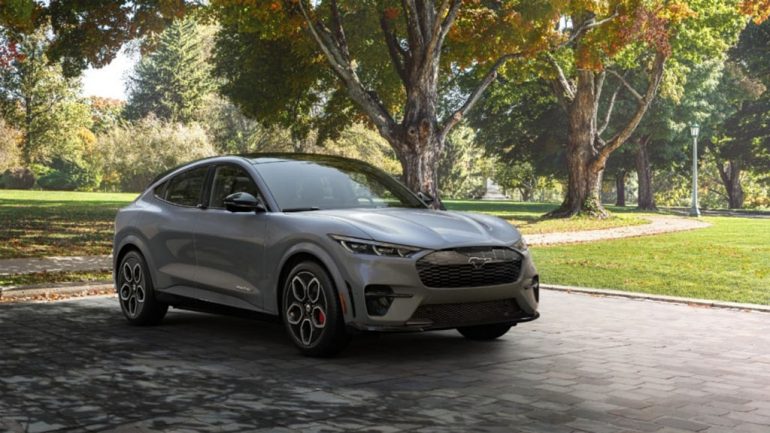
Ford has announced a recall affecting 35,000 of its Mustang Mach-E electric vehicles in the United States. The reason for this recall is due to concerns regarding the high voltage battery main contactors, which have the potential to overheat, leading to a loss of driving power.
The recall specifically pertains to the 2021 and 2022 model year Mach-E vehicles with extended range capabilities. This move comes following an investigation by the National Highway Traffic Safety Administration (NHTSA) in August. The NHTSA was looking into whether Ford’s previous recall in June 2022, which affected 49,000 Mach-E vehicles, was effective in addressing the aforementioned battery connector issue.
Also, don’t forget that you can get discounted new car pricing with a free quote through qualified local dealer partners.
The initial response to the issue, which took place in 2022, involved a software update to rectify the problem. However, the new recall is focused solely on the extended range Mach-E vehicles and includes the replacement of the high voltage battery junction box.
In response to the NHTSA’s investigation, Ford issued a service bulletin in August, recommending the replacement of the high voltage battery junction box for affected vehicles. Owners who experienced a loss of motive power after the initial recall had the opportunity to have this crucial component replaced.
As of Wednesday, Ford is acknowledging a total of 107 instances where the high voltage contactors overheated and led to a loss of driving power after the 2022 recall had been completed. Fortunately, Ford has not received any reports of crashes or injuries associated with this issue.
This recall underscores the commitment of both Ford and the NHTSA to ensure the safety and performance of electric vehicles in the United States. Ford is taking proactive measures to address this concern and prevent any potential safety hazards for its customers. Owners of the affected vehicles should promptly contact their local Ford dealership to schedule the necessary repairs and ensure the continued safe operation of their Mach-E electric vehicles.